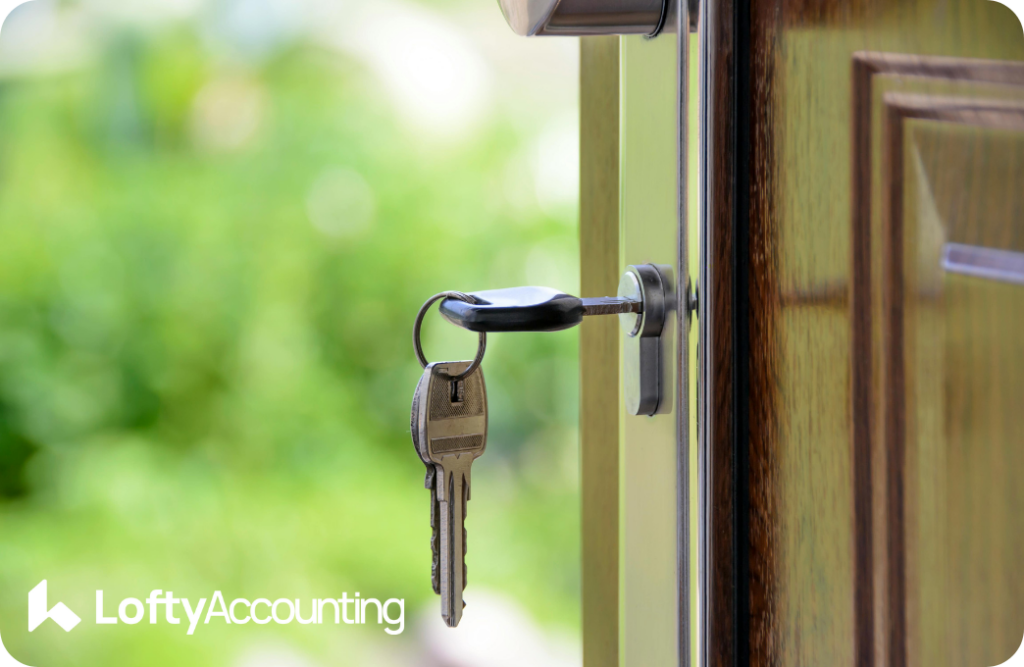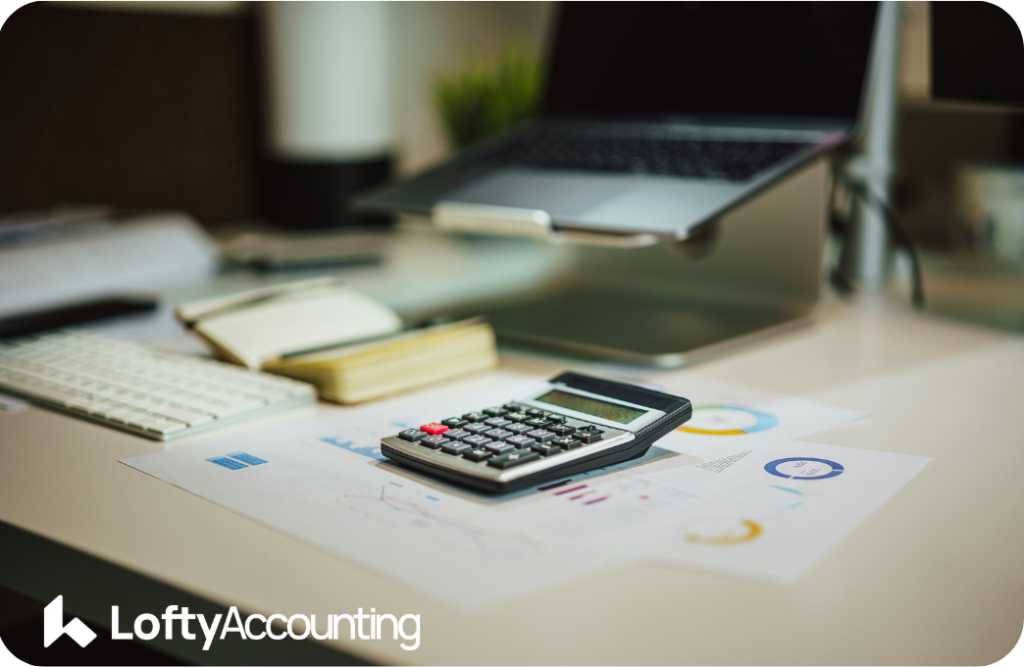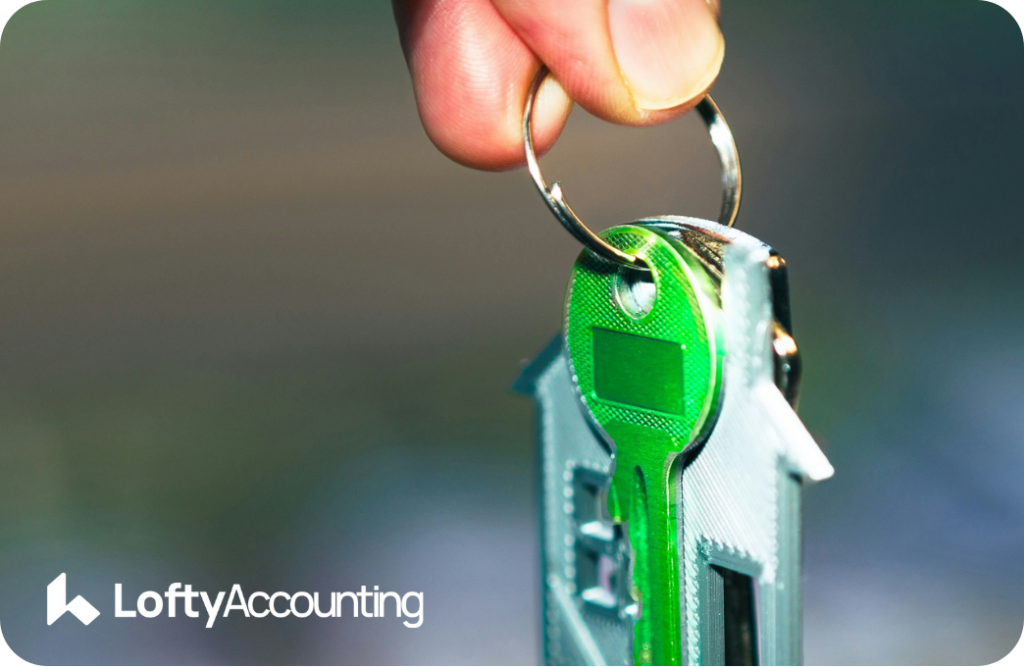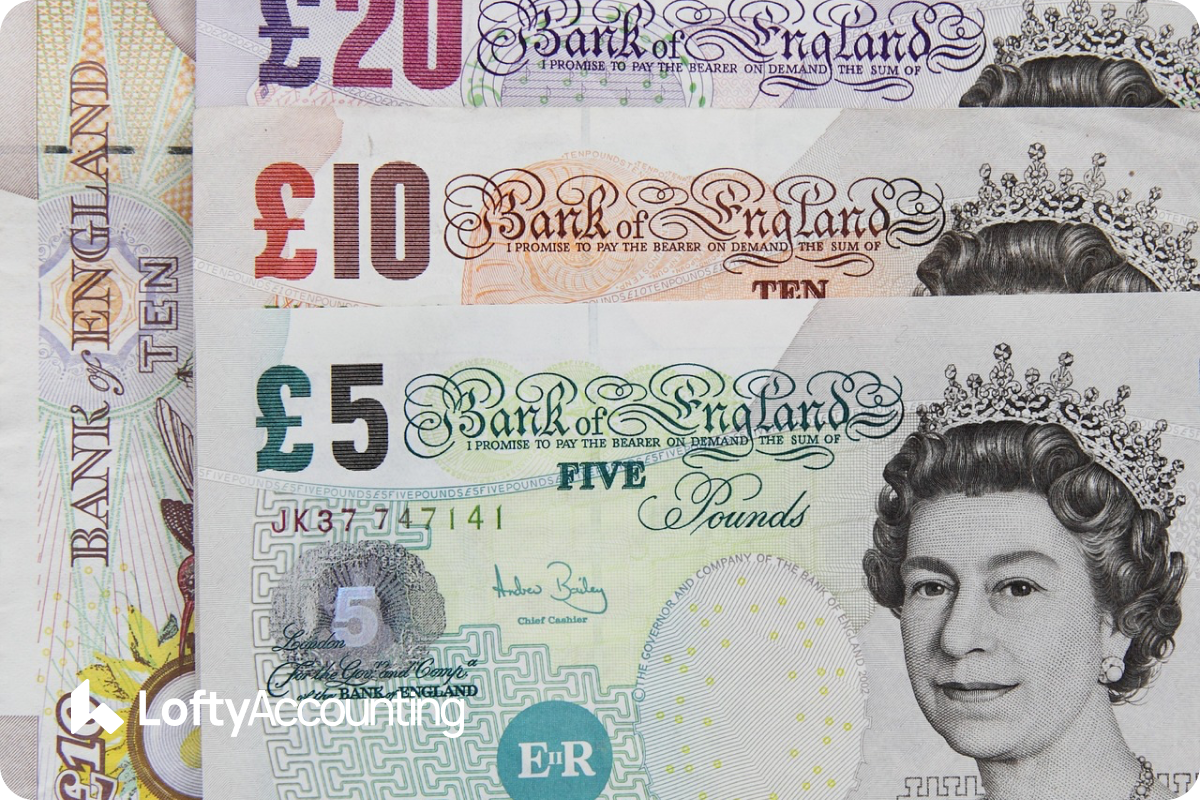
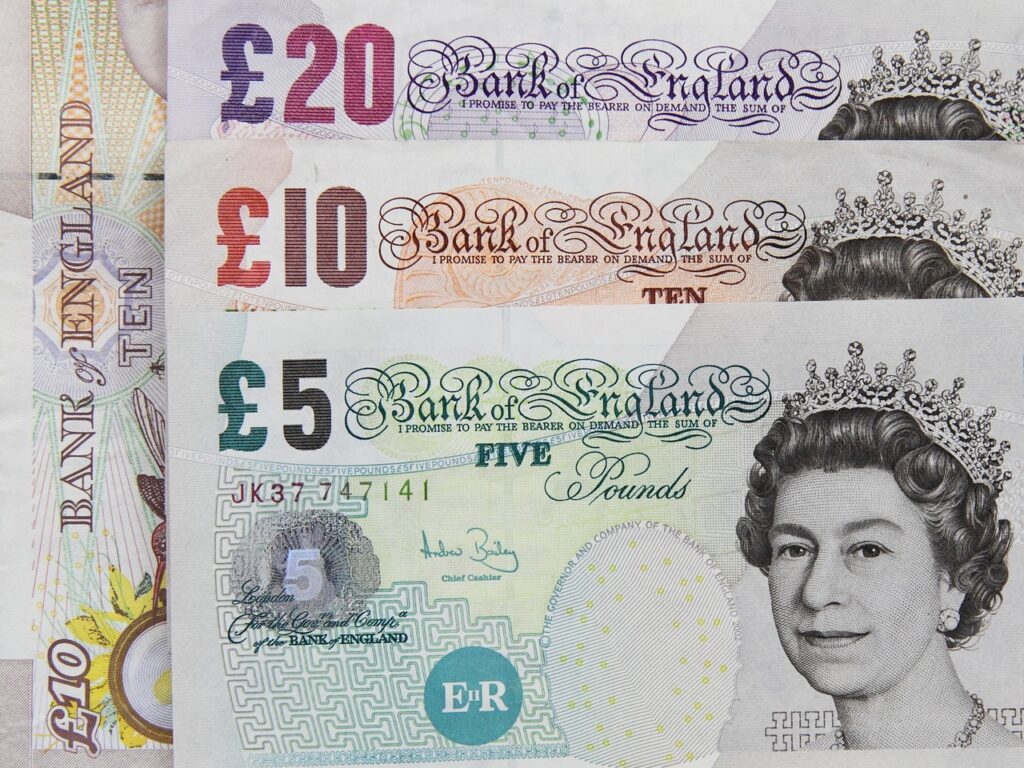
When it comes to earnings, some, like salaries, undergo upfront taxation, while others may initially remain untaxed. Untaxed earnings must be disclosed to HMRC upon receipt and may require annual reporting through a tax return.
If you are starting self-employment or joining a partnership, register with HMRC at the beginning of your trading activities to avoid penalties. You can complete this registration online or by contacting the self-employed helpline.
If you’re not self-employed but earn untaxed income, such as rental income or interest exceeding the Savings Allowance, notify HMRC promptly. You can do this online or by phone within six months after the end of the tax year.
For untaxed income below £2,500, if you’re employed or receive a pension under PAYE, you can ask HMRC to adjust your tax code accordingly. If the tax owed is less than £3,000, HMRC might collect it through your PAYE code or accept direct payment.
Fulfilling your tax return obligations is essential, even if all your income has been taxed, and you should promptly inform HMRC of any additional income sources. This ensures prompt issuance of tax returns if considered necessary by HMRC.
If you have any questions or are unsure about something, contact LoftyAccounting or HMRC for guidance.
What is the Property Allowance, and can you claim it?
The Property Allowance – A Guide for Individuals As a property owner or landlord,…
At what profit threshold do you think it is beneficial to incorporate your business?
When setting up a business, one of the first decisions you’ll face is whether…
Why You Should Use a Buy-to-Let Accountant for Your Property Business
As a landlord, managing your property portfolio involves much more than just keeping your…


